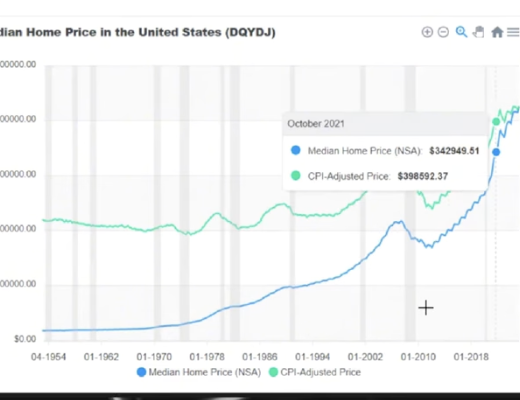The Math Behind the Myth
Let me break this down with a simple example. Imagine you make $100,000 annually and your employer offers a 100% match on your 401k contributions up to 6% of your salary. That means you put in $6,000, and they match with another $6,000. If you invest $6,000 annually at 8% for 30 years, you’d end up with about $734,000. When you add the company match (totaling $12,000 annually), you’d have exactly double: $1,468,000. But here’s where the “100% return” claim falls apart. If it were truly a 100% compounded return plus your 8%, you’d have over $40 trillion after 30 years! Obviously, that’s not happening. Nobody’s becoming a trillionaire from their 401k. What’s actually happening is that your initial contribution is doubled, but after that, both your money and the match grow at the same rate. When I ran the numbers, that 100% match translates to approximately an extra 3.5% annual return over 30 years. And here’s the kicker – over 40 years, that advantage drops to just 2.5%.The Reality Gets Worse
The math gets even less favorable when you factor in what actually happens in most 401k plans:- Most 401k funds underperform the market by about 2.1% (based on my analysis of Fidelity target date funds)
- 401k plans typically charge fees of at least 0.75% annually, often more
- Your money is completely locked away, with penalties for early access
The Time Value Problem
The longer your money stays locked in a 401k, the less valuable that match becomes. This relates to the Rule of 72 – the mathematical rule that determines how long it takes money to double at a given interest rate. The truth is, the 401k match gives you the best return in year one. After that, its value diminishes over time. Yet the entire 401k system is designed to keep your money locked away for decades, preventing you from using it when it could benefit your family most. This is why I focus on helping people become financially independent by 2030, not 2060. Wouldn’t you rather know in 5-10 years if your strategy is working instead of waiting 30-40 years to find out it didn’t?A Better Approach
What if instead of locking money away, you kept it accessible and invested it in assets that generate immediate cash flow? For example, $100,000 invested in the right opportunities could generate $10,000 annually in passive income – starting now, not decades from now. The only time I’ve seen a 401k match truly work well is for people over 59½ who can do an in-service distribution. They contribute, get the match, then immediately withdraw the funds to invest elsewhere. One of my 63-year-old clients did exactly this – he took $400,000 from his 401k and purchased over $1 million in real estate, generating thousands in monthly cash flow rather than the meager income the 401k would have provided. Don’t fall for the 401k match myth. The math isn’t what you’ve been told. Your family’s financial future deserves better than a system designed to lock your money away while financial institutions profit from your inaccessible savings.Frequently Asked Questions
Q: If the 401k match isn’t a 100% return, what is it actually worth?
Based on mathematical analysis, a 100% match on your 401k contributions typically translates to an additional 3.5% annual return over 30 years. This percentage decreases to about 2.5% over 40 years. When you factor in typical fund underperformance and fees, the actual benefit can be minimal compared to other investment strategies.
Q: Are there any situations where contributing to a 401k makes sense?
Yes, there are specific scenarios where 401k contributions can be beneficial. For people over 59½ who can access their funds without penalty through in-service distributions, contributing to get the match and then immediately withdrawing to invest elsewhere can be advantageous. Additionally, some employer plans have better investment options with lower fees than others.
Q: What alternatives do you recommend instead of maxing out a 401k?
Consider building a “freedom fund” that remains accessible while you build wealth. This could be through cash-flowing real estate investments, private lending opportunities, or other assets that generate immediate passive income. The key difference is that these investments can provide returns you can use now, not decades in the future, while maintaining liquidity and control.
Q: Won’t I miss out on tax benefits by not contributing to my 401k?
While 401k contributions do provide immediate tax deductions, they merely defer taxes rather than eliminate them. You’ll eventually pay taxes on withdrawals, potentially at unknown future rates. Many alternative investments offer tax advantages too, such as depreciation benefits from real estate or more favorable capital gains treatment. The key is weighing immediate tax benefits against long-term flexibility and actual returns.







